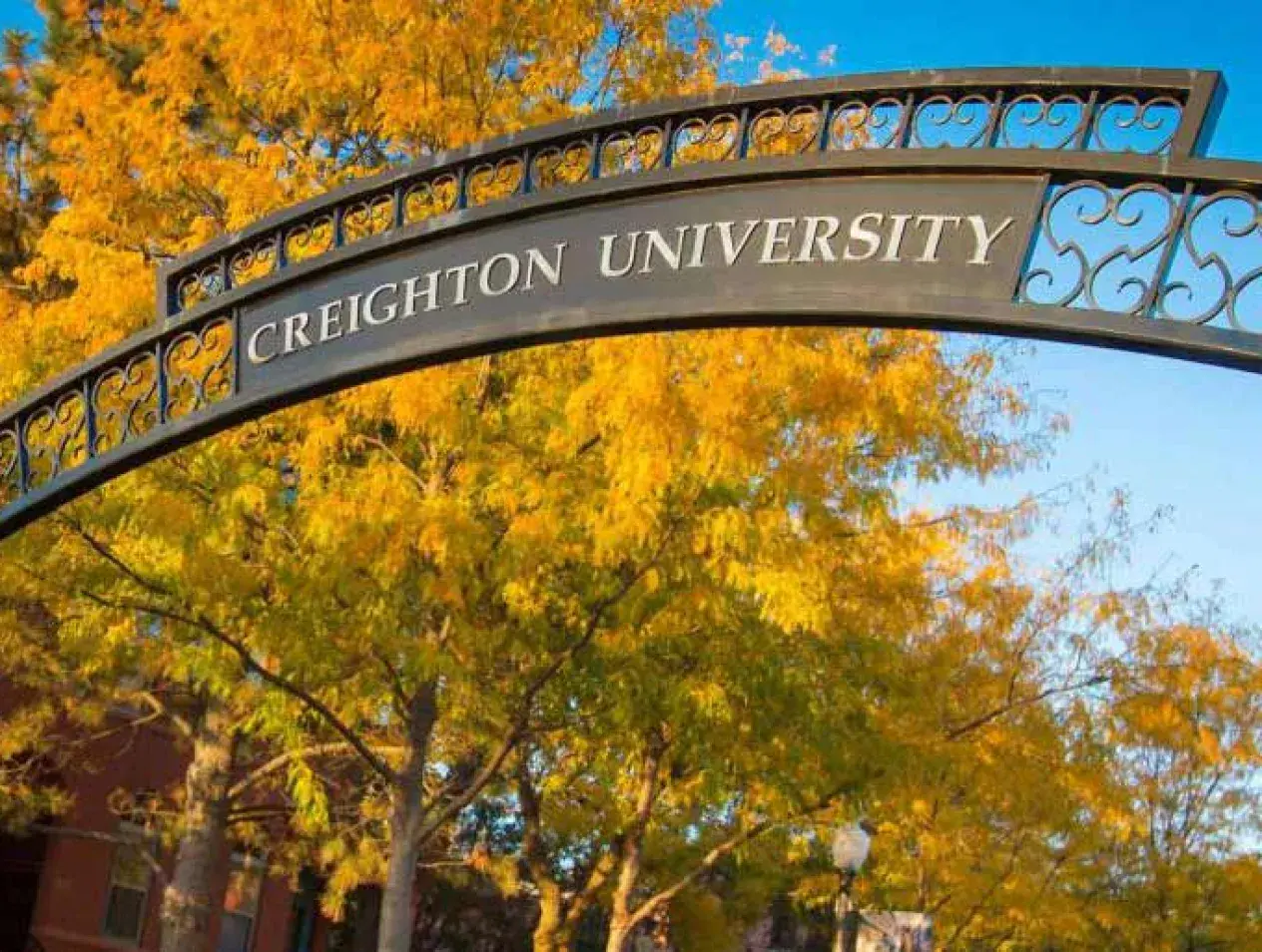
Department of Cultural and Social Studies
Our Mission
The Department of Cultural and Social Studies houses eight academic programs: Criminal Justice, Cultural Anthropology, Global Health Equity, Health Administration and Policy, Justice and Society, Medical Anthropology, Public Health, Social Work and Sociology. Students, faculty and staff in these programs strive to achieve the unique goals and objectives for each program’s areas of study while also recognizing the synergy among them and reflecting the Creighton's Jesuit Catholic mission in their teaching/learning, research, and service. The programs’ special contribution to student learning is increasing their awareness of society and culture as contexts that shape the quality of life. All of the programs aim to mentor students to become agents of social change and prepare them for a wide range of careers.
Our Programs
Lab News
Our Social Science Data Lab (SSDL) is a teaching and outreach space to connect with the local community and provide consulting. The Biological Anthropology Lab (BIOL) is a research space for analyzing human remains to better understand health, disease, diet, and social class differences.

Land Acknowledgement Statement
The Department of Cultural and Social Studies' faculty and students acknowledge our presence on the ancestral territory of the Umóⁿhoⁿ/Omaha Tribe of Nebraska, the Báxoje/Iowa Tribe of Kansas and Nebraska, the Jiwere-Ñút'achi/Otoe-Missouria Tribe, and the P’ᾴ’c’a/Ponca Tribe of Nebraska who have been stewarding this land from the beginning and who continue to do so. We pay respects to their tribal members, elders, and ancestors as well as to those of the Isanti Dakota Oyate/Santee Sioux, the Ho Chunk/Winnebago, and the Sauk and Ne ma ha ha ki/Sac and Fox Nation of Missouri in Kansas and Nebraska, who have endured settlement, forced displacement, dispossession, and cycles of violence as they developed roots in Nebraska, and those of the other Tribes and Nations with historic connections to these lands.1 This acknowledgment asks us to act upon the obligations that we have to past, present, and future generations of Native Nations who have and continue to inhabit, learn, and live on this land, and to identify these obligations in relationship with the Omaha Tribe on whose ancestral territory Creighton University is situated.
1 History Nebraska created a list of Native Nations with documented historical connections to what is today Nebraska (expand to view listing):
- Apache Tribe of Oklahoma;
- Assiniboine and Sioux Tribes of the Fort Peck Indian Reservation, Montana;
- Cheyenne and Arapaho Tribes, Oklahoma [previously listed as Cheyenne-Arapaho Tribes of Oklahoma];
- Cheyenne River Sioux Tribe of the Cheyenne River Reservation, South Dakota;
- Comanche Nation, Oklahoma;
- Crow Creek Sioux Tribe of the Crow Creek Reservation, South Dakota;
- Crow Tribe of Montana;
- Delaware Nation, Oklahoma;
- Delaware Tribe of Indians;
- Iowa Tribe of Kansas and Nebraska;
- Iowa Tribe of Oklahoma;
- Kaw Nation, Oklahoma;
- Kickapoo Tribe of Indians of the Kickapoo Reservation in Kansas;
- Kickapoo Tribe of Oklahoma;
- Kiowa Indian Tribe of Oklahoma;
- Lower Brule Sioux Tribe of the Lower Brule Reservation, South Dakota;
- Northern Arapaho Tribe of the Wind River Reservation, Wyoming [previously listed as Arapaho Tribe of the Wind River Reservation, Wyoming];
- Northern Cheyenne Tribe of the Northern Cheyenne Indian Reservation, Montana;
- Oglala Sioux Tribe [previously listed as Oglala Sioux Tribe of the Pine Ridge Reservation, South Dakota];
- Omaha Tribe of Nebraska;
- Otoe-Missouria Tribe, Oklahoma;
- Pawnee Nation of Oklahoma;
- Ponca Tribe of Indians of Oklahoma;
- Ponca Tribe of Nebraska;
- Prairie Band Potawatomi Nation [previously listed as Prairie Band of Potawatomi Nation, Kansas];
- Rosebud Sioux Tribe of the Rosebud Indian Reservation, South Dakota;
- Sac & Fox Nation of Missouri in Kansas and Nebraska;
- Sac & Fox Nation, Oklahoma;
- Sac & Fox Tribe of the Mississippi in Iowa;
- Santee Sioux Nation, Nebraska;
- Sisseton-Wahpeton Oyate of the Lake Traverse Reservation, South Dakota;
- Spirit Lake Tribe, North Dakota;
- Standing Rock Sioux Tribe of North & South Dakota;
- Three Affiliated Tribes of the Fort Berthold Reservation, North Dakota;
- Wichita and Affiliated Tribes (Wichita, Keechi, Waco, & Tawakonie), Oklahoma;
- Winnebago Tribe of Nebraska;
- Yankton Sioux Tribe of South Dakota


